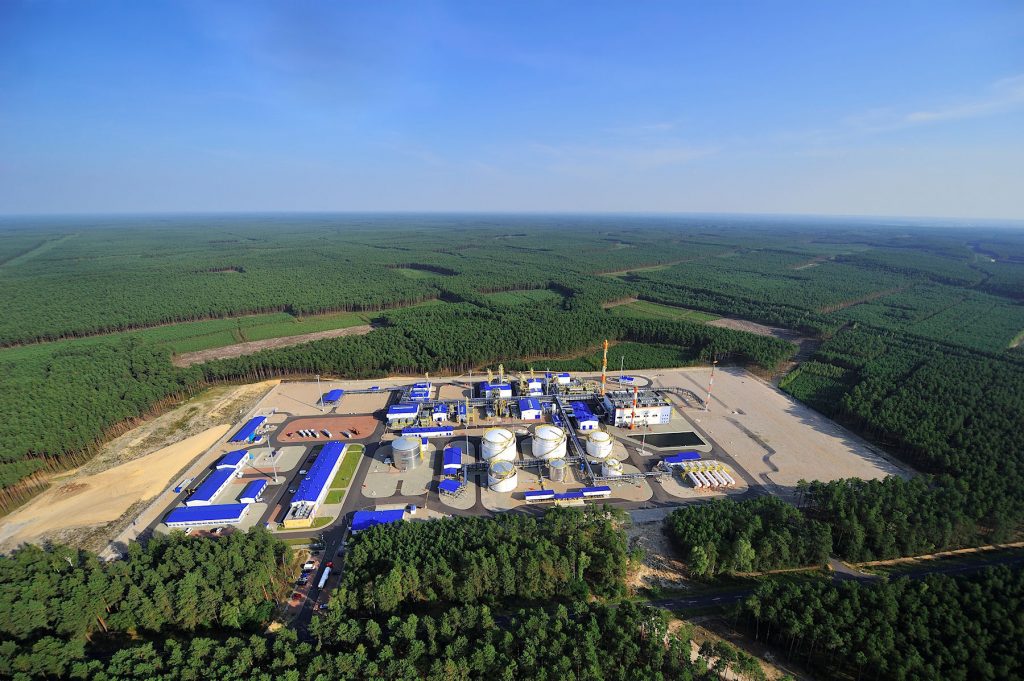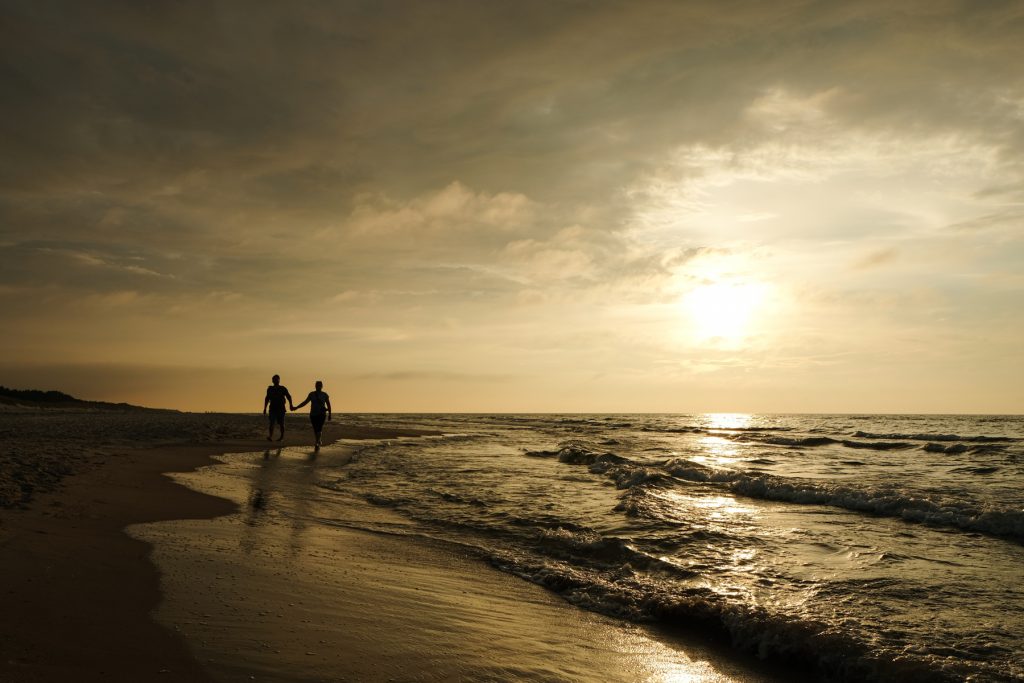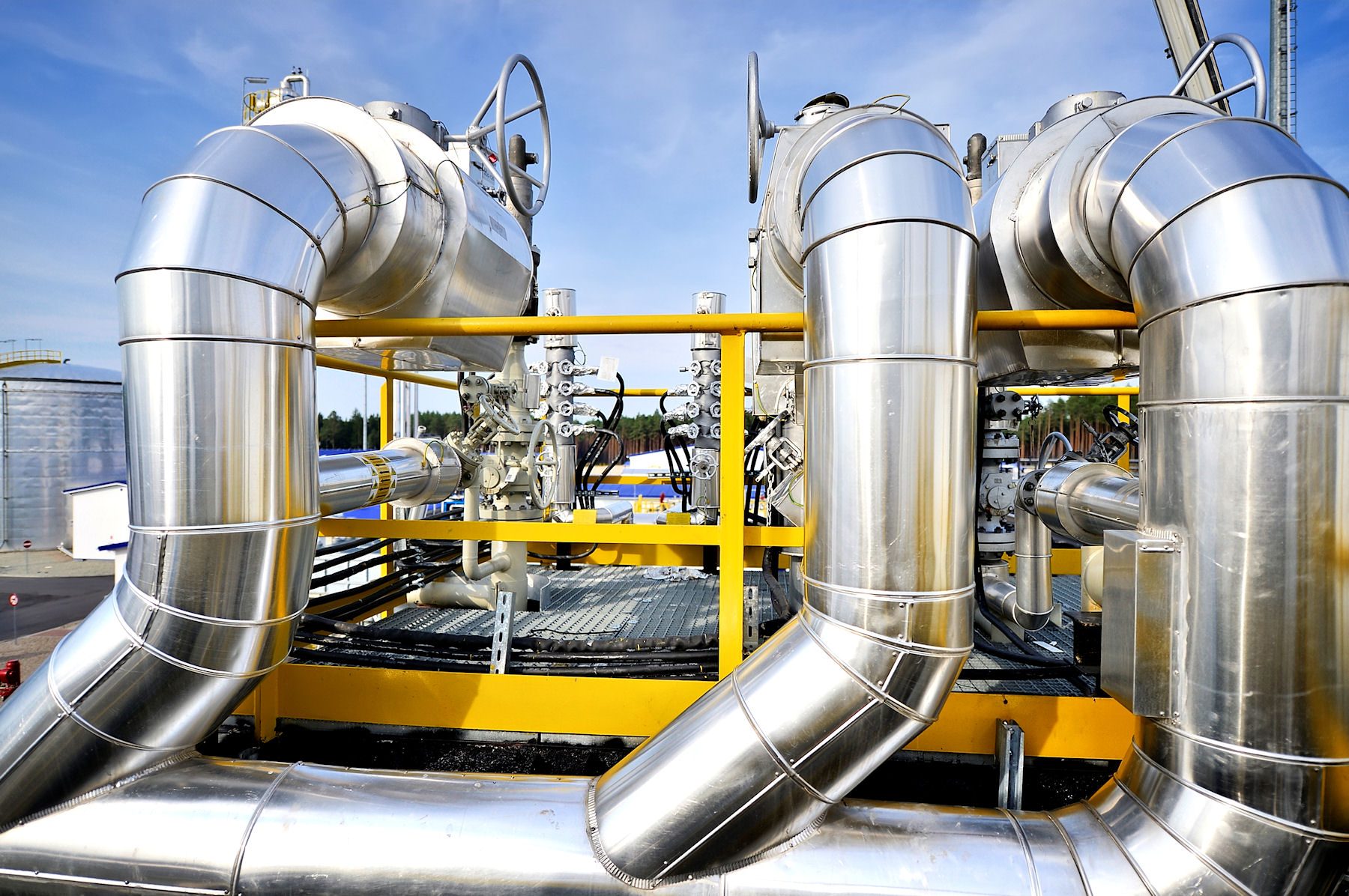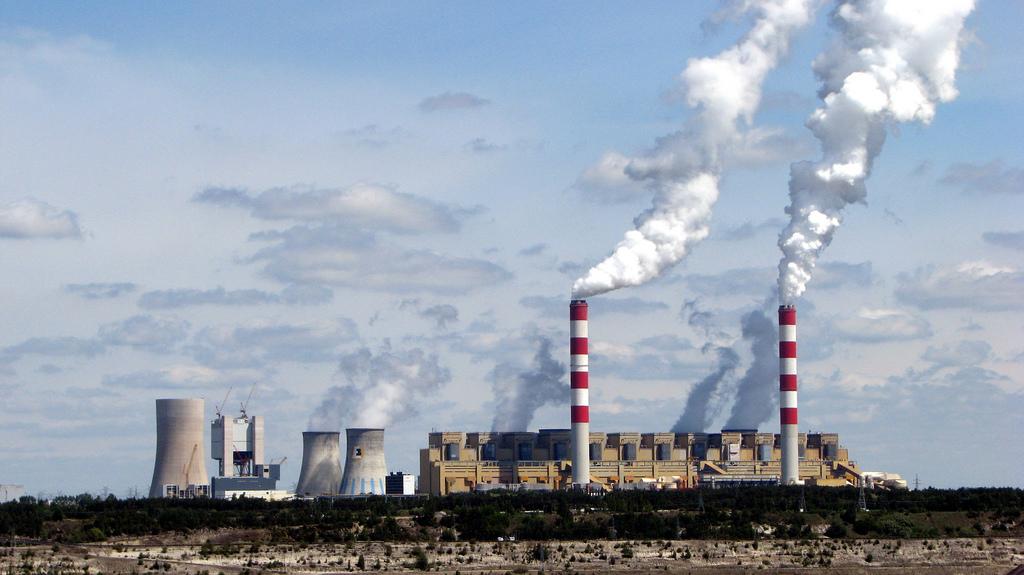Poland is not impressed by Russia’s leader Putin to cut the EU country, as well as Bulgaria, off from natural gas. Spring is coming, there are reserves and – how environmentally friendly it may be – a lot of people simply use coal and firewood to warm up their houses. The Warsaw government plan to be free of Russian gas by the end of 2022 when the contract with Russian state-company Gazprom ends, just has been accelerated by Putin. Poland refuses to pay the bills – as demanded by Putin but against contractual agreements – in Russian ruble, in a power play with the European Union.
Featured photo: The PGNiG natural gas and oil facility of Lubiatów, near Poznań,
opened in 2012 (Photo by PGNiG)
As of 8AM Central European Time on 27 April Russia said it would cut off all gas to EU countries Poland and Bulgaria. The latter reportedly depends for 90 percent on Russian gas, but Poland has set course to a different approach already years ago. It did not want Nord Stream 1 or 2, the Russian pipelines to Germany that the EU wanted to get cheap Russian gas through lines that bypass political unstable Belarus and Ukraine. Thanks to Putin’s decision to further invade Ukraine on 24 February this year, and the EU and North American anger against Russian troops purposely and planned mass killing of the civilian population, Nord Stream 2 is dead. Nord Stream one still brings gas to Germany and the rest of Europe and this could technically be transported to Poland.
Yamal Contract
No Russian gas to Poland technically also means no Russian gas through Poland, which has one of the big gas pipelines of the Yamal Contract: splitting underneath the ground in Belarus one arm goes through Poland to Germany, the second through Slovakia to Austria (Transgas). Putin’s cut in gas deliveries is clearly a sign of power play, many observers feel, and the Russian aggressor’s attempts to destabilize Europe immediately worked. Bulgaria announced it would review all Gazprom contracts, including the deliveries to neighbouring Serbia – a traditional Putin-ally.
For Poland all has already set in motion to come energy-free of Russia. As the first EU country it banned Russian coal imports in March this year, later followed by a complete ban on transit and the legal possibility to seize Russian assets. Temperatures are rising with summer on the horizon and – according to the government – Polish gas reserves will stay filled up to 90 percent.

The Baltic Pipe
In 2021 Poland’s state-owned oil and gas organisation PGNiG imported 10.2 billion cubic meters of gas through the Yamal pipeline. By October 2022 the new Baltic Pipe is planned to come online, delivering up to 10 billion cubic metres of gas per year to Poland from Norway via Denmark, completely taking out the need for Russian gas. Moreover, the Norwegian gas is expected to be cleaner than the Russian gas – which decreases the already relatively low environmental impact of natural gas compared to coal or oil.
Other natural gas sources for Poland include Qatar (to grow from 730 million to 2.9 billion m3 annually by 2034). From the United States 7.4 billion m3 through a contract with Cheniere, and 5.4 billion by Venture Global and Port Arthur. Poland’s PGNiG also owns a few deposits in Poland (3.7 billion), Norway (1.4 billion) and Pakistan (300 million m3), while the organisation plans to expand it to 6.8 billion cubic metres in 2023.

Nuclear plants
On Monday this week Poland also signed a deal between US-based Bechtel and 12 Polish companies for the cooperation on constructing two nuclear plants in Poland. Planned to start operations in 2036, Poland chose Choczewo on the Baltic Sea coast as the primer location. Thereby Poland’s first nuclear power plant would have short delivery lines to the Tricity economic and industrial cluster of Gdansk-Sopot-Gdynia. But environmentalists fear accidents and changes in the eco-systems of the nearby Słowiński National Park and the very popular Baltic Sea beaches between Łeba and the Hel peninsula.
All combined and unlike many other EU nations Poland already set course way earlier to be independent from Russian energy. Putin’s sudden decision to cut one of Ukraine’s strongest allies in the EU and in NATO off from Russian natural gas doesn’t scare Warsaw. In fact, even critics of Poland’s conservative government seem to feel that at least this time, the government does things right. | © 2022 Marcel Burger, nordicreporter.com

